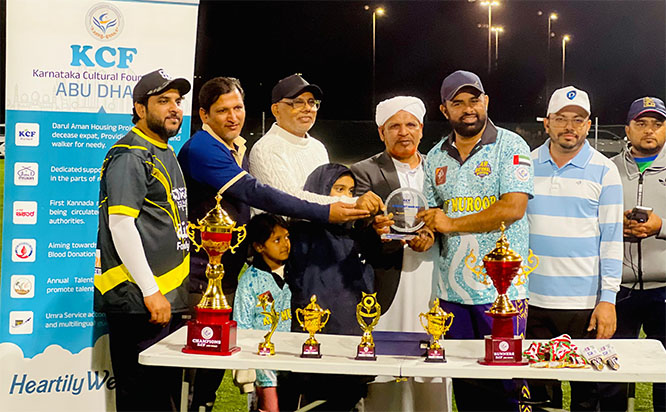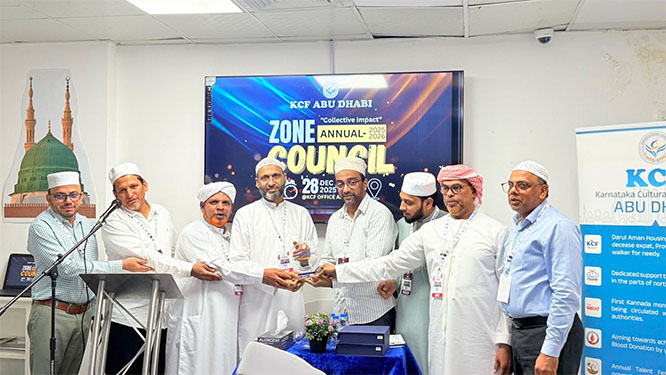Bangladesh, Sept 24: Doctors treating some of the 429,000 Rohingya Muslims who have fled to Bangladesh from Myanmar in recent weeks have seen dozens of women with injuries consistent with violent sexual attacks, U.N. clinicians and other health workers said. The medics’ accounts, backed in some cases by medical notes reviewed by Reuters, lend weight to repeated allegations, ranging from molestation to gang rape, levelled by women from the stateless minority group against Myanmar’s armed forces.
Myanmar officials have mostly dismissed such allegations as militant propaganda designed to defame its military, which they say is engaged in legitimate counterinsurgency operations and under orders to protect civilians. Zaw Htay, spokesman for Myanmar’s de facto leader Aung San Suu Kyi, said the authorities would investigate any allegations brought to them. “Those rape victim women should come to us,” he said. “We will give full security to them. We will investigate and we will take action.”
Suu Kyi herself has not commented on the numerous allegations of sexual assault committed by the military against Rohingya women made public since late last year. Violence erupted in Myanmar’s northwestern Rakhine state following attacks on security forces by Rohingya militants last October. Further attacks on Aug. 25 provoked a renewed military offensive the United Nations has called “ethnic cleansing”.
Reuters spoke with eight health and protection workers in Bangladesh’s Cox’s Bazar district who between them said they had treated more than 25 individual rape cases since late August.
The medics say they do not attempt to establish definitively what happened to their patients, but have seen an unmistakeable pattern in the stories and physical symptoms of dozens of women, who invariably say Myanmar soldiers were the perpetrators. It is rare for UN doctors and aid agencies to speak about rape allegedly committed by a state’s armed forces, given the sensitivity of the matter.
“Inhuman attack”
Doctors at a clinic run by the UN’s International Organization for Migration (IOM) at the Leda makeshift refugee say they treated hundreds of women with injuries they said were from violent sexual assaults during the army operation in October and November.
There have been fewer rapes reported among the influx of refugees since August, said Dr. Niranta Kumar, the clinic’s health coordinator, but those they have seen have injuries suggesting “more aggressive” attacks on women. Several health workers suggested that, whereas in October many women had initially remained in their villages believing the army sweeps were only targeting Rohingya men, this time most had fled at the first sign of military activity.
Doctors at the Leda clinic showed a Reuters reporter three case files, without divulging the identity of the patients. One said a 20-year-old woman was treated on Sept. 10, seven days after she said she was raped by a soldier in Myanmar. Handwritten notes say she said soldiers had “pulled her hair” and a “gun used to beat her” before raping her.
Examinations often find injuries suggesting forced penetration, beating and even what looked like intentional cutting of the genitals, doctors said. “We found skin marks, it showed a very forceful attack, an inhuman attack,” said IOM medical officer Dr Tasnuba Nourin.
She had seen incidents of vaginal tearing, bite marks and signs that seemed to show a firearm was used to penetrate women, she said. Among the new influx of Rohingya she had treated at least five women who appeared to have been recently raped, she said, adding that in each case the physical injuries observed were consistent with the patient’s account of what had happened.
“Fraction of the cases”
At Bangladesh government clinics supported by U.N. agencies in the Ukhia area, doctors reported treating 19 women who had been raped, said Dr. Misbah Uddin Ahmed, head of the main health complex there, citing reports from female clinicians.
“The evidence included bite marks, tearing of the vagina, these sorts of things,” he said. In one day alone, Sept. 14, six women showed up at one of the clinics, all saying they were sexually assaulted. “They all said Myanmar army had done this.” An IOM doctor who asked not to be identified, working at one of those clinics near the Kutapalong refugee camp, said a woman who crossed from Myanmar in late August said she was raped by at least seven soldiers.
“She was extremely weak and traumatized and said she struggled to make it to the clinic,” the doctor said. “She had a laceration on the vagina.” The doctor treated 15 of the 19 cases of women who appeared to have been raped, and another eight women who had been physically assaulted. Some were given emergency contraceptives, and all were given treatment to reduce the risk of contracting HIV and jabs against hepatitis. Symptoms included bite marks over the arms and back, tearing and laceration on the vagina and vaginal bleeding, the doctor said.
Internal reports compiled by aid agencies in Cox’s Bazar recorded that 49 “SGBV survivors” were identified in just four days between Aug. 28-31. SGBV, or sexual and gender-based violence is used to refer to only cases of rape, according to U.N. doctors. Data for reported rape cases was not available for other dates. A situation report from aid agencies says more than 350 people had been referred for “life-saving care” relating to gender-based violence – a broad term that includes rape, attempted rape and molestation, as well as emotional abuse and denial of resources based on gender – since Aug. 25. It did not refer to the perpetrators. Kate White, emergency medical coordinator for Médecins Sans Frontières (MSF) in Cox’s Bazar said the charity had treated at least 23 cases of sexual and gender-based violence including gang-rape and sexual assault since Aug. 25. “This is a fraction of the cases that are likely to be out there,” she said.
“Rape as a weapon”
Reuters first reported allegations of mass rape of Rohingya women within days of militant attacks in northern Rakhine in October. The same reports were also heard by U.N. investigators who visited Bangladesh in January.
A report of the UN Secretary General in April said the sexual assaults were “apparently employed systematically to humiliate and terrorize their community”. Before her rise to power last year Suu Kyi had spoken of rape being used as a tool of division in the country’s myriad ethnic conflicts.
“It is used as a weapon by armed forces to intimidate the ethnic nationalities and to divide our country, this is how I see it,” she said in 2011 in a video message to a conference on sexual violence in conflict. Her spokesman Zaw Htay said there was “nothing to say” when asked if her view had changed since then. “Everything should be according to the rule of law,” he said. “The military leaders also have said they will take action.”








Comments
Add new comment